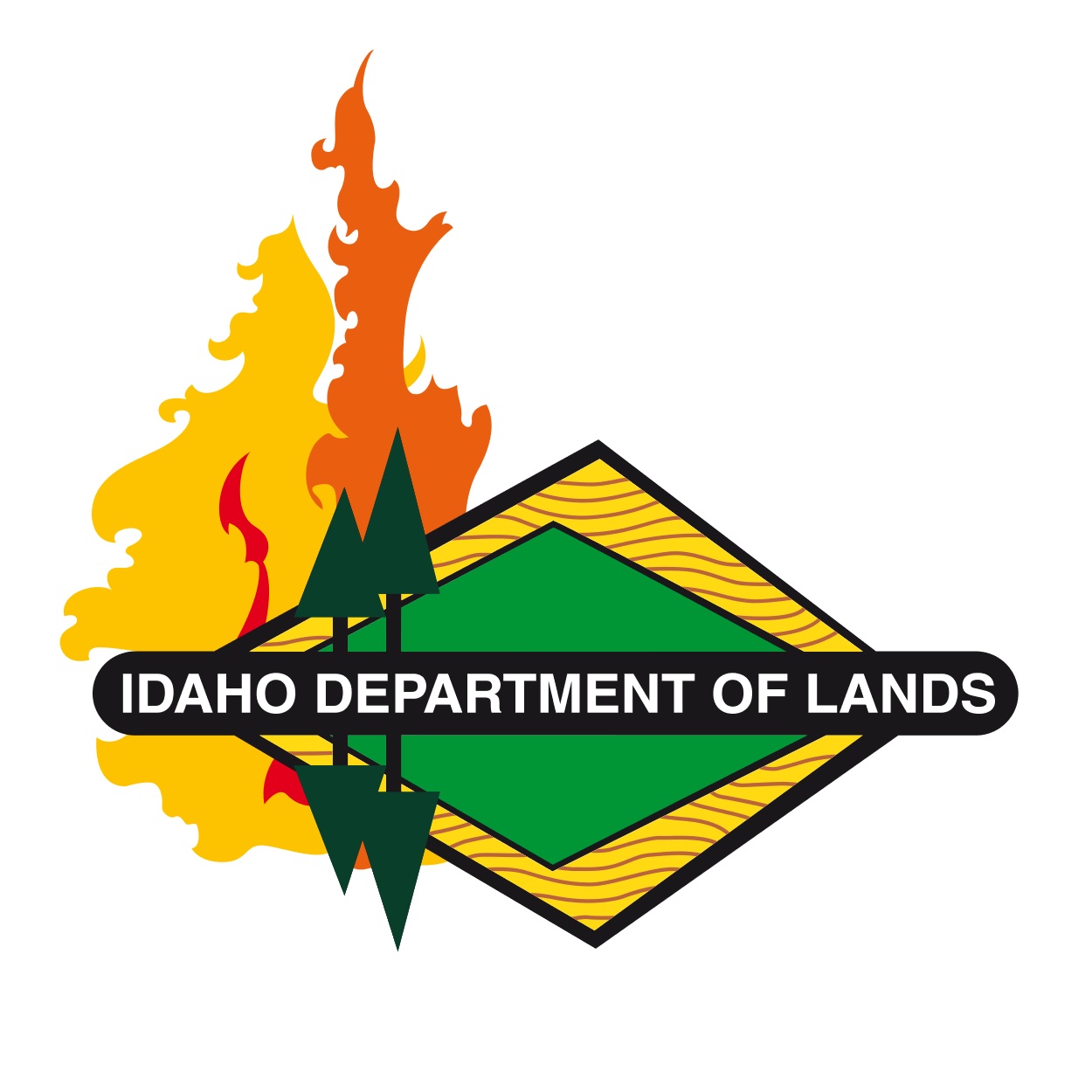Docket 20-0315-2401
Purpose of Rule
The Idaho Department of Lands (Department) administers IDAPA 20.03.15, Rules Governing Geothermal Leasing on Idaho State Lands a geothermal leasing program on behalf of the Land Board for state endowment trust lands and lands owned by other state agencies. These activities are authorized by Idaho Code Title 47, Chapter 16 – Geothermal Resources. The adoption of related rules is authorized by Idaho Code 47-1603.
Following Executive Order 2020-01, Zero-Based Regulation, this rule chapter is scheduled to be repealed and replaced in 2024 for review during the 2025 legislative session with the goal of simplifying the rules for increased clarity and ease of use.
Quick Reference
Current Status
Pending Rule approved within Senate Concurrent Resolution 113 by the Idaho Legislature. Final rules effective July 1, 2025.
Pending Rulemaking
Section 67-5201(19) of the Idaho Code defines a pending rule as a rule that has been adopted by an agency under regular rulemaking procedures and remains subject to legislative review before becoming final and effective. It is, therefore, ‘pending’ legislative review for final approval. After the agency adopts the pending rule and publishes it in the Bulletin, this version of the rule is submitted for legislative review and final approval by concurrent resolution of the legislature.
Land Board Memo 08/20/2024 – Adoption of Pending Rule
A Notice of Pending Rulemaking is now published in the October 2, 2024, Idaho Administrative Bulletin Vol. 24-10, page 247.
Pending rules are not enforceable; they are pending review by the Idaho Legislature before becoming final and effective.
Proposed Rulemaking
A proposed rule is a formal, written proposal by an agency to amend or repeal an existing rule or adopt a new rule.
The public is invited to submit written comments to the agency during this stage of rulemaking. A public hearing may be held for the public to submit oral comments, and the agency gives written and oral comments the same consideration.
The proposed rule text is redlined (deleted text in blue strikethrough, and new text in red underlined).
Notice of Proposed Rulemaking and Proposed Rule Text, July 3, 2024, Idaho Administrative Bulletin, pages 130 – 145
Zero-Based Prospective Analysis Form
Cost/Benefit Analysis Form
Negotiated Rulemaking
Negotiated rulemaking is a process in which all interested parties and the agency seek consensus on the content of a rule. Public meetings are an opportunity for all interested persons to discuss possible changes to the rule, and the public may also submit written comments.
Notice of Intent to Promulgate Rules – Negotiated Rulemaking, Idaho Administrative Bulletin Vol. 24-3, March 6, 2024, pages 18-19
Land Board Memo 01/16/2024 – Approval to initiate negotiated rulemaking
Zero-Based-Prospective of Analysis Form (Sections 1, 2 and 5) – January 26, 2024
Negotiation Rulemaking Summary – Posted June 28, 2024
Thursday, March 28, 2024
Idaho Department of Lands
Boise (and Zoom)
Agenda
Presentation
Meeting Notes
Participants in-person
Participants in-remote
Wednesday, April 10, 2024
Idaho Department of Lands
Boise (and Zoom)
Agenda
Presentation
Meeting Notes
Participants in-person
Participants in-remote
Jeanine Vany-Eavor –
Received 4/19/2024
Not available at this time.
Submit Written Comments
The comment period is closed.

